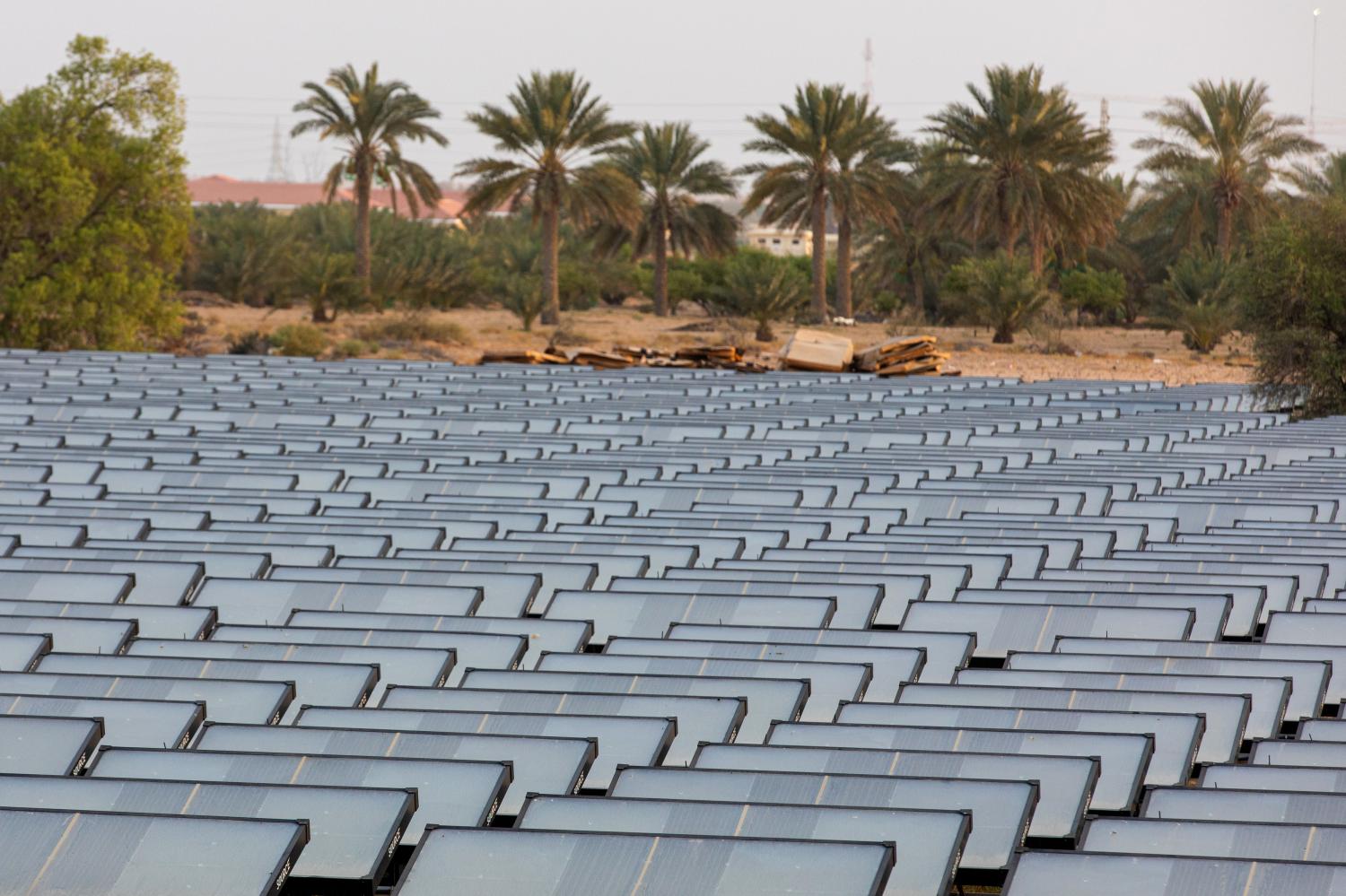Who would think even in their wildest dreams that the Arabian Desert could become the perfect place to source drinking water? Not you and not us either! Technology, however, has provided the solution to almost every question that has been left unanswered in the past. This time seems to be no different. A US-based tech firm, Zero Mass Water is aiming to create bottled drinking water through the moisture in the air instead of drilling wells or purifying seawater. The plant is located 20 kilometers from Dubai, reported Arabian Business. Demand for bottled water is relatively higher in the United Arab Emirates compared to other countries.
The company will use renewable energy instead of the fossil fuels that power the many desalination facilities in Dubai and the rest of the UAE. The first project of its kind, it could set an example for other water-deprived nations follow suit and produce drinking water in a more sustainable way. This could even aid in improving food security in many agriculture-based countries. “The bottling plant is run on solar, the bottles we use are recyclable and the caps are sustainable,” said Samiullah Khan, general manager at IBV, an Emirati firm that will buy the water. The caps will be made from bamboo, he said.
http://brownidentity.com/2020/07/11/dubais-new-media-academy-launches-youtube-programme-for-the-youth/
Zero Mass isn’t going to rival bulk water processors any time soon. It will initially only be able to produce up to 2.3 million litres annually, about the volume of a typical Olympic-sized swimming pool. The technology is still much more expensive than desalination for the same output of water. So Zero Mass’s will be in the same bracket as imported, high-end brands such as Evian and Fiji, said Khan. They sell locally for around 10 dirhams ($2.72) a litre. Demand for bottled water is high in the UAE. The average resident drank 127 litres last year, placing the country in the top ten globally, according to market research firm Euromonitor International. The Zero Mass facility is under construction in the village of Lehbab, a hub for camel-breeding and desert safaris.

